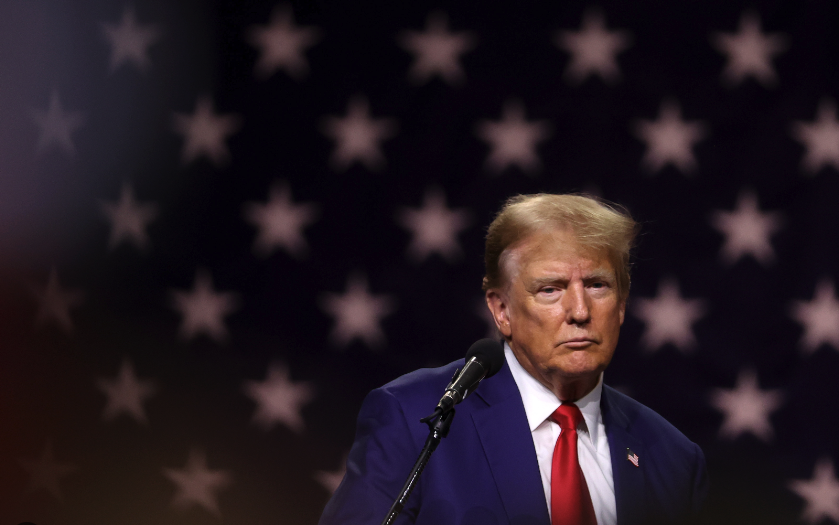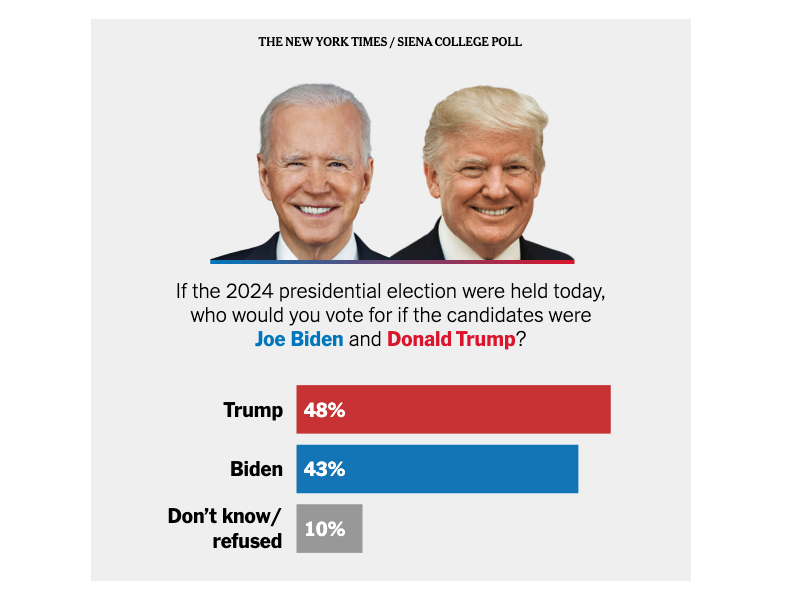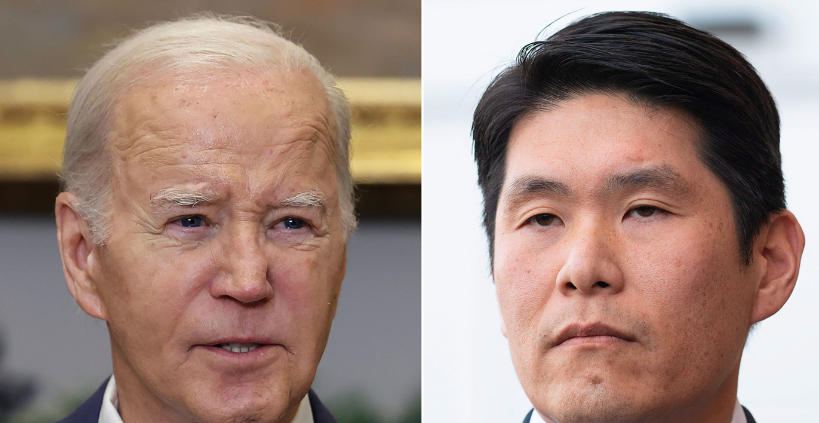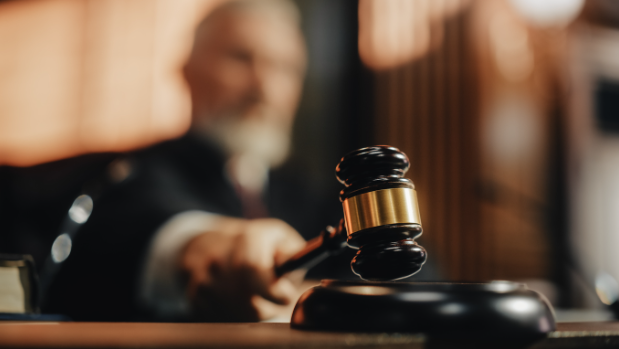
In a significant move that has rippled across social media and global tech communities, President Biden recently signed a bill that sets the stage for a potential ban on TikTok, the popular video-sharing app cherished by millions in the United States. This legislation marks a critical point in the ongoing debate over digital privacy, data security, and international relations, highlighting the complex interplay between global technology companies and national security concerns.
The Path to Legislation
The bill, known as the Foreign Adversary Controlled Applications Act, was passed with remarkable speed, reaching the President’s desk less than two months after its introduction in the House. This swift legislative action underscores the urgency and gravity with which U.S. lawmakers are addressing issues related to foreign technology and data security.
Implications for TikTok and ByteDance
Under the new law, ByteDance, TikTok’s China-based parent company, is faced with a daunting ultimatum: divest TikTok within a year or face a ban from U.S. app stores and networks. This requirement comes amid heightened scrutiny over the app’s data handling practices and the potential for sensitive user information to be accessed by the Chinese government—a claim TikTok vehemently denies.
The divestiture process, however, is fraught with challenges. ByteDance must navigate complex Chinese regulations concerning technology exports and likely legal battles, as indicated by TikTok’s immediate response to challenge the law’s constitutionality in court. A TikTok spokesperson asserted, “This unconstitutional law is a TikTok ban, and we will challenge it in court.” They added, “We believe the facts and the law are clearly on our side, and we will ultimately prevail.”
The National Security Debate
Proponents of the bill argue that TikTok poses significant national security risks due to its connections with China through ByteDance. This perspective has been reinforced by several classified Congressional briefings, which reportedly detailed the risks associated with TikTok’s operations and its potential links to the Chinese government.
In defense, TikTok has emphasized its commitment to user data safety, stating that it has “invested billions of dollars to keep U.S. data safe and our platform free from outside influence and manipulation.” These assurances, however, have not alleviated the concerns of lawmakers and critics who believe that the risks extend beyond just one company and are indicative of broader vulnerabilities within the tech industry.
Criticisms and Concerns
The targeted nature of the bill has also sparked criticism. Opponents argue that focusing on a single company does not effectively address the wider issues of national and data security that pervade the tech industry. This viewpoint suggests a need for more comprehensive legislation that addresses the root causes and broader implications of data security and privacy in the digital age.
Looking Forward
As the law begins to take effect, the future of TikTok in the U.S. hangs in the balance. The next steps will likely involve a complex mix of legal challenges, negotiations for potential sales, and ongoing debates over the best approach to securing national interests while fostering innovation and protecting civil liberties.
For millions of TikTok users and observers around the world, the unfolding developments will be closely watched, with implications that may redefine the boundaries of technology, privacy, and international commerce in the digital age.
In summary, while the signing of the bill by President Biden may seem like an immediate resolution to the concerns surrounding Tik
ok, the landscape is far from settled. The coming months will likely see intense legal battles, diplomatic negotiations, and a reevaluation of U.S. policy on foreign-controlled digital platforms. The outcome of these actions will not only determine the fate of TikTok in the United States but could also set precedents for how similar situations are handled globally. As we watch this situation unfold, it is clear that the intersection of technology, law, and national security will continue to be a critical battleground in our increasingly digital world.











